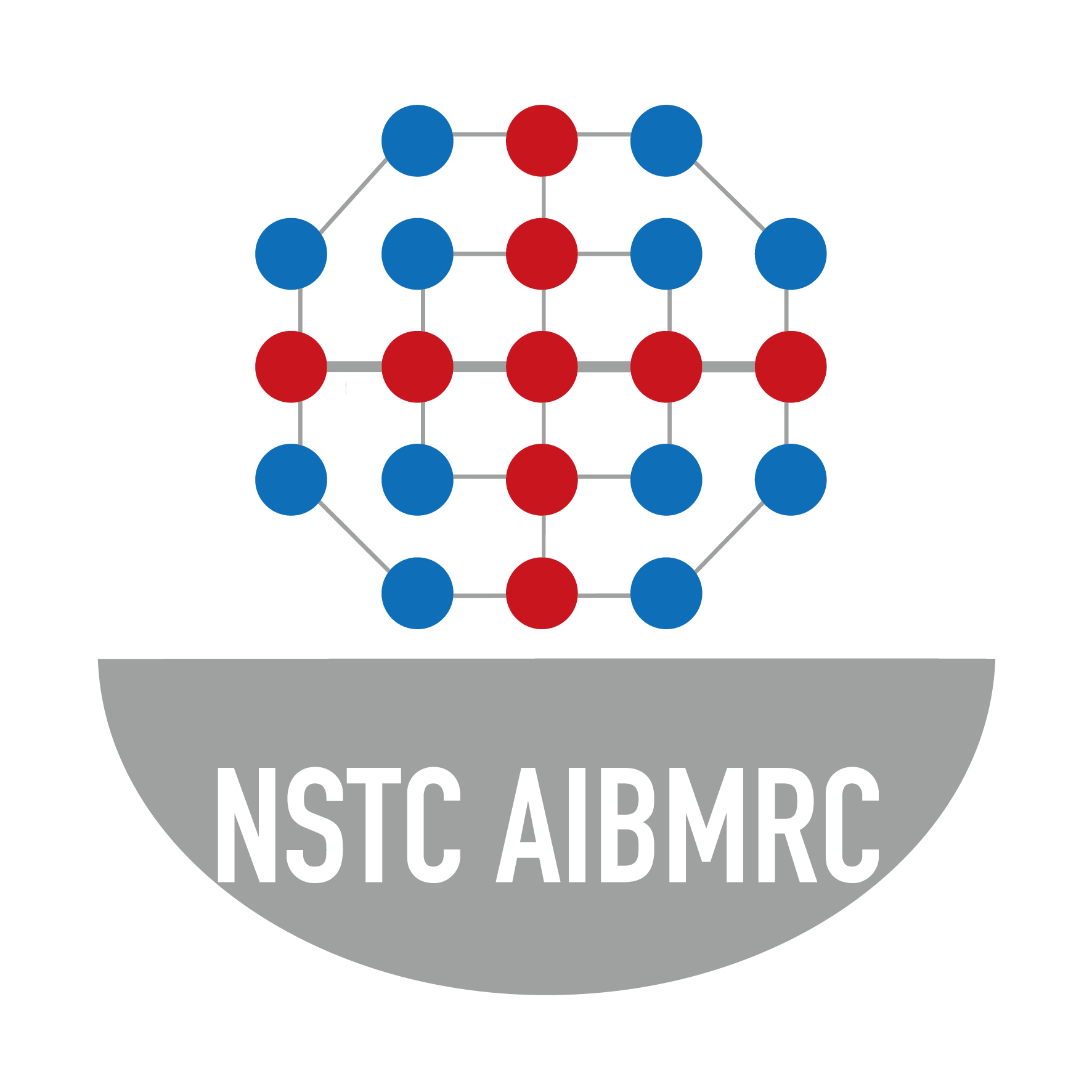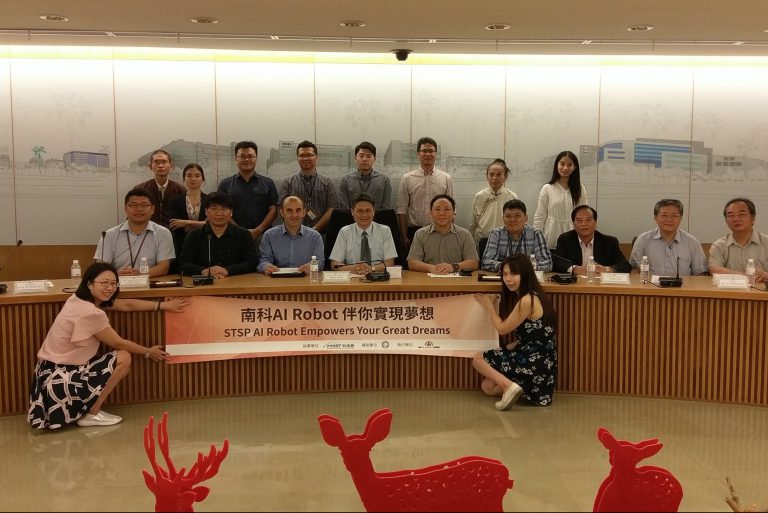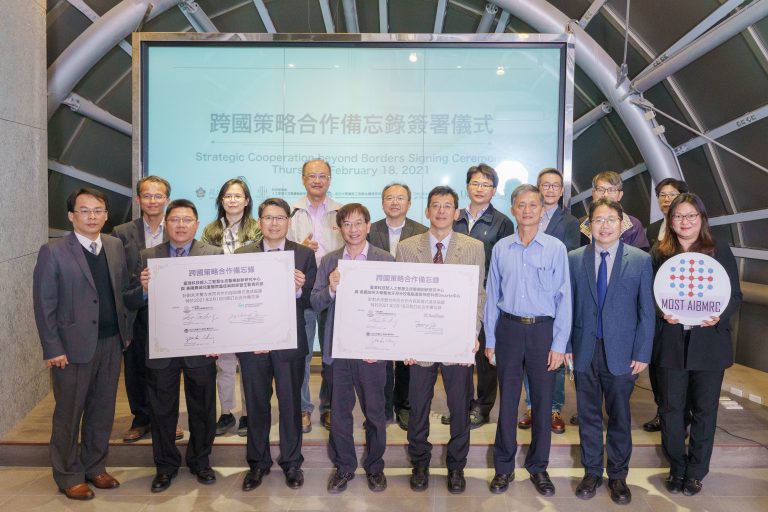International Cooperation between NCKU Institute of Medical Informatics and Hokkaido University Research Institute for Electronic Science
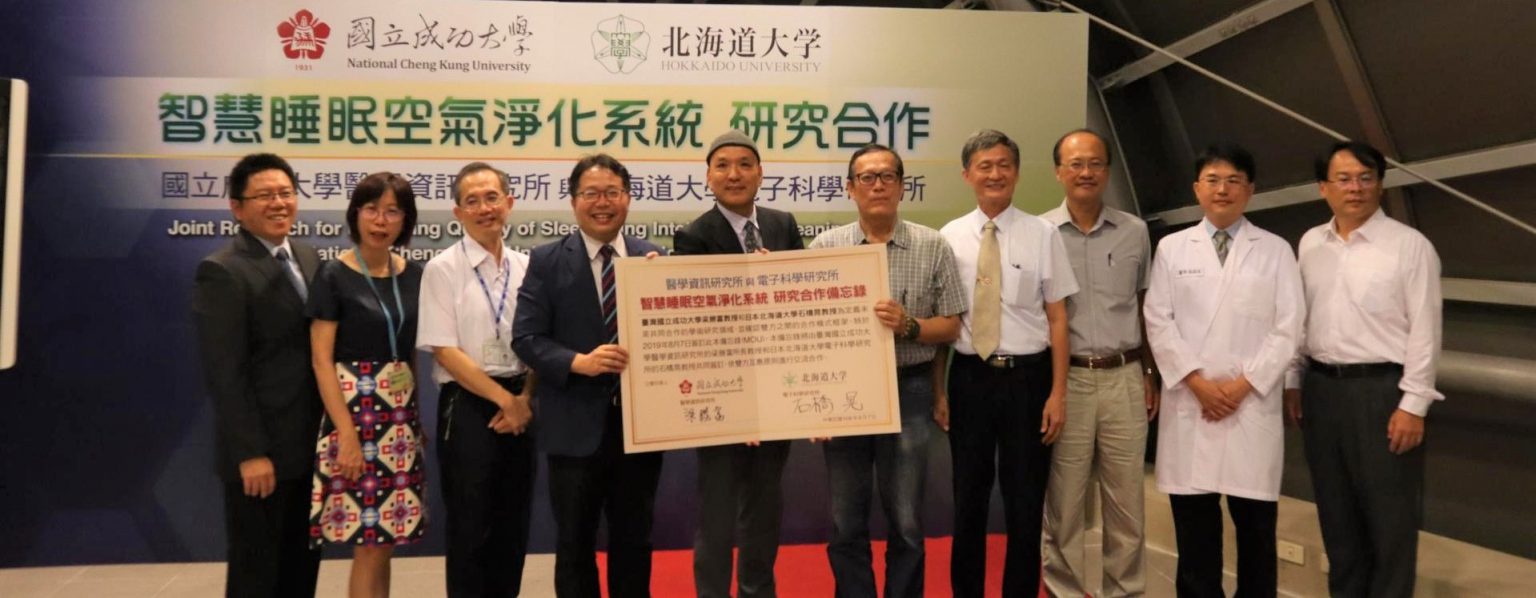
Collaborating Partner
Hokkaido University Research Institute for Electronic Science
Hokkaido University Research Institute for Electronic Science
Country of Cooperation
Japan
Collaborative Topics
Sleep sensing & improvement research
Sleep Tent (T-CUSP) Development
International Exchange and Field Research
National Cheng Kung University’s AI medical technology research results are gaining international recognition. Professor Akira Ishibashi of Hokkaido University, who specializes in the R&D of air purification systems for home sleep environments, has shown great interest in the smart sleep assessment and research conducted by Prof. Sheng-Fu Liang, Director of the NCKU Institute of Medical Informatics. On August 7, 2019 the two parties signed a memorandum of cooperation at NCKU. Past cooperation on “T-CUSP” serves as a foundation for further research on sleep sensing and improvement with the goal of constructing a comprehensive sleep enhancement program.
With NCKU’s VP Research and Development in attendance, Prof. Sheng-Fu Liang, Director of the Institute of Medical Informatics at NCKU, and Prof. Akira Ishibashi of the Institute of Electronic Science of Hokkaido University, signed the agreement on behalf of both parties. R&D VP Hsieh remarked that NCKU excels in medical research technology and hopes that both parties will fully apply their strengths and open up innovation and forward-looking momentum in the field of smart medicine. Professor Liang expressed hope that the cooperation with Professor Ishibashi will encourage even more research and turn NCKU and NCKU Hospital into one of the world’s top sleep research centers. Prof. Ishibashi looks forward to combining NCKU’s sleep analysis technology with the dust particle sensing system for contactless and remote sleep quality sensing; in the future perhaps a step further as medical diagnosis in order to promote a healthier quality of life.
The “Sleep Tent Air Purification System (T-CUSP)” developed by Prof. Liang’s team and Prof. Ishibashi’s team is made of breathable and filterable nanomaterials, and contains an air purifier and a wireless air particle reader. It purifies and analyzes the air quality of the sleep environment in real time. Combined with the software analysis technology of the air particle concentration changes in sleep developed by NCKU Medical University, it can perform contactless and objective remote sleep quality assessments. The research team of National Cheng Kung University School of Medicine and National Cheng Kung University Hospital is currently verifying the effectiveness of the sleeping tent-type air purification system for use in clinical and community fields.
The “Sleep Tent Air Purification System (T-CUSP)” developed by Prof. Liang’s team and Prof. Ishibashi’s team is made of breathable and filterable nanomaterials, and contains an air purifier and a wireless air particle reader. It purifies and analyzes the air quality of the sleep environment in real time. Combined with the software analysis technology of the air particle concentration changes in sleep developed by NCKU Medical University, it can perform contactless and objective remote sleep quality assessments. The research team of National Cheng Kung University School of Medicine and National Cheng Kung University Hospital is currently verifying the effectiveness of the sleeping tent-type air purification system for use in clinical and community fields.
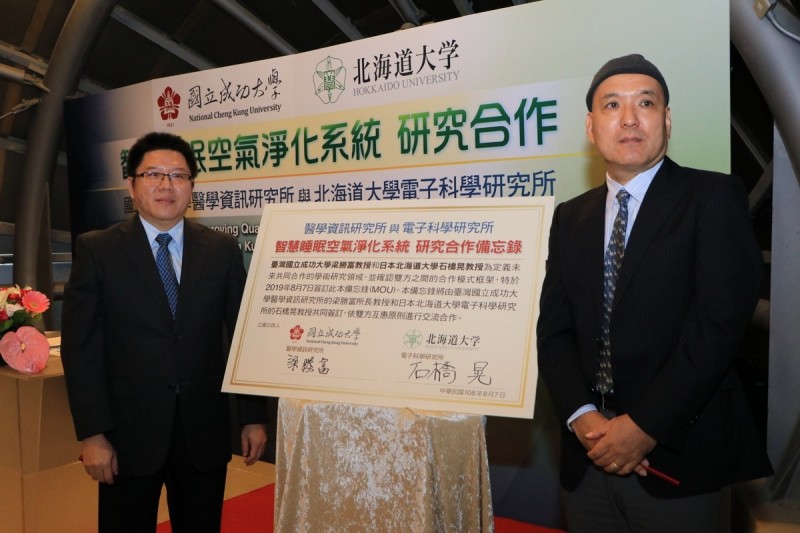
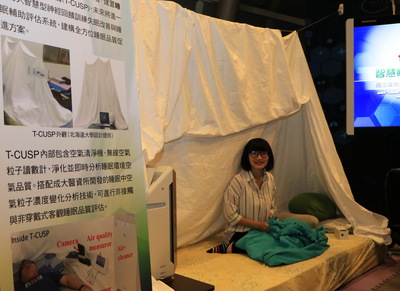
“T-CUSP” is compatible with wearable physiological sensors such as sleep masks, sleep activity record sheets and interpretation software developed by medical resources to verify the correctness of the system’s assessment of the user’s sleep quality. In the future, a drug-free, “intelligent neural feedback training insomnia improvement and sleep aid evaluation system” developed by NCKU Medical Resources, will be further introduced. Professors from several departments and centers were in attendance at the signing ceremony and have very high expectations for all the possibilities of research on sleep sensing and improvement.
